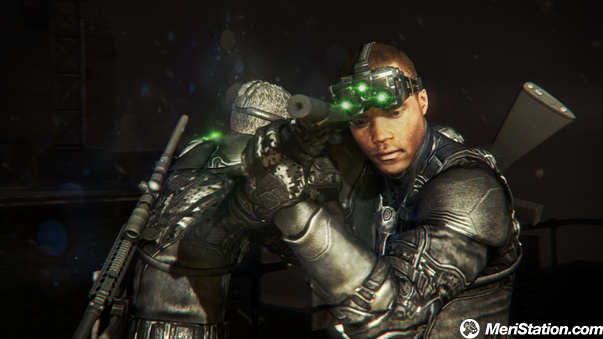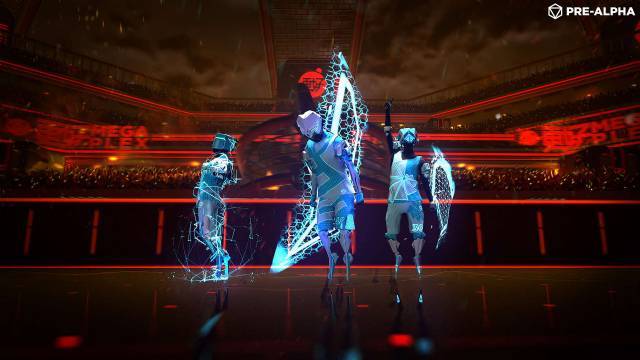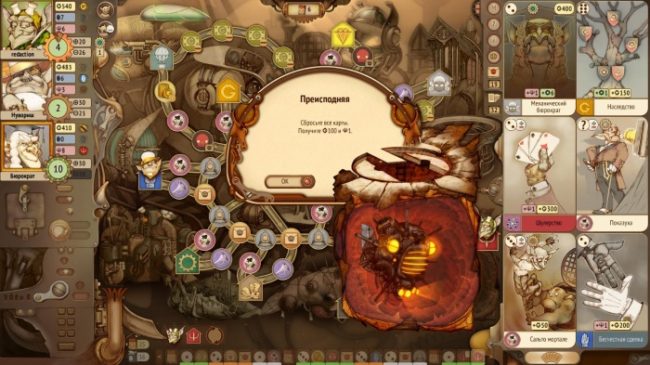Sometimes, a detail becomes symptomatic of what happens to a series with a trajectory. It can be a big or small detail, more or less important, but it is something that perfectly identifies a certain problem. In the case of Splinter Cell: Blacklist, that detail is the absence of Michael Ironside , not only the protagonist voice of the saga, Sam Fisher, also his soul, which has managed to differentiate and give his own personality to Fisher during these years of waves of action heroes.
His ripped voice and the cynicism he managed to print on his lines are part of the charm of this character, something that has been lost. In its place we now have a more angry protagonist, more authoritative and much more gendered. It does not matter
if you say on the screen that it’s Sam Fisher, it is not. And so, a detail like this illustrates a much more general aspect: it matters little that in the cover of this game put “Splinter Cell”, this is another thing, another game, maybe better for some, maybe worse, but an experience different from end of the day
It all started in Conviction of course. Embarrassed by the semi-automatic mechanics of the successful Assassin’s Creed, Ubisoft managers believed that this was what the players demanded and decided to apply it to a saga that for years has been the watchword of lovers of infiltration. ” Mark” and “Run“It became a real virus that corrupted the very essence of Splinter Cell. With a “cinematic” approach, a development so directed that it threatened to steal the player’s control and a flagrant use and
abuse of the action as the guiding thread of the game, Conviction became the antithesis of what Splinter Cell had been. Apart from leaving the debate about its quality as a game valued by itself, certain important names have an inheritance, with all the good that entails in
terms of recognition and all the bad things that come with living in its shadow, Conviction betrayed that legacy and were not few who complained about it.
This brings us to Blacklist, a project in which Ubisoft has applied its current method of doing things, brute force, to find a solution to the open dilemma with Conviction. The managers of the company are apparently convinced that what a majority of players want is not crawling painfully through a dark stage praying to avoid a guard, but being a kind of super ninja-marine able to dispatch dozens of terrorists like if they were fair ducks. But at the same time, the same people in charge seem to perceive a minority of very noisy public that is willing to shout on the Internet to exhaustion against the idea of a Splinter Cell without real infiltration. The solution, appropriate for a company in which the development members count by thousands,
BlacklistIt is sold as a point and separate in the series and that is something that starts from its very premise. A terrorist group known as the Engineers is launching brutal attacks against US interests, threatening a series of attacks that will end with a massive
blow to a city or emblematic structure of the country. Their conditions are that the USA withdraw all its armed forces from foreign countries and paralyze its international operations, something that the government is not willing to comply with.
Given the seriousness of the matter, the president authorizes the formation of a new Echelon to be directed by Fisher himself. Accustomed to being an agent and working alone,
Although the game tries to draw a plot and dialogues that give personality to their characters, the reality is that the story is very one-dimensional. Yes, it has those elements of tension and surprise characteristic of Clancy, but we have already traveled so many times in
that attraction that little surprise us. In addition, the story and the moments in which Fisher talks with his daughter or stops to talk with the members of his team are completely dissonant with missions and objectives that leave
little room for moral interpretation. No matter what savages we do for the world, we violate conventions in unauthorized missions on foreign soil or we go through the lining the most basic international laws; what we do is fine, beyond doubts and fears we are still good and good people are always right.Clancy style .



